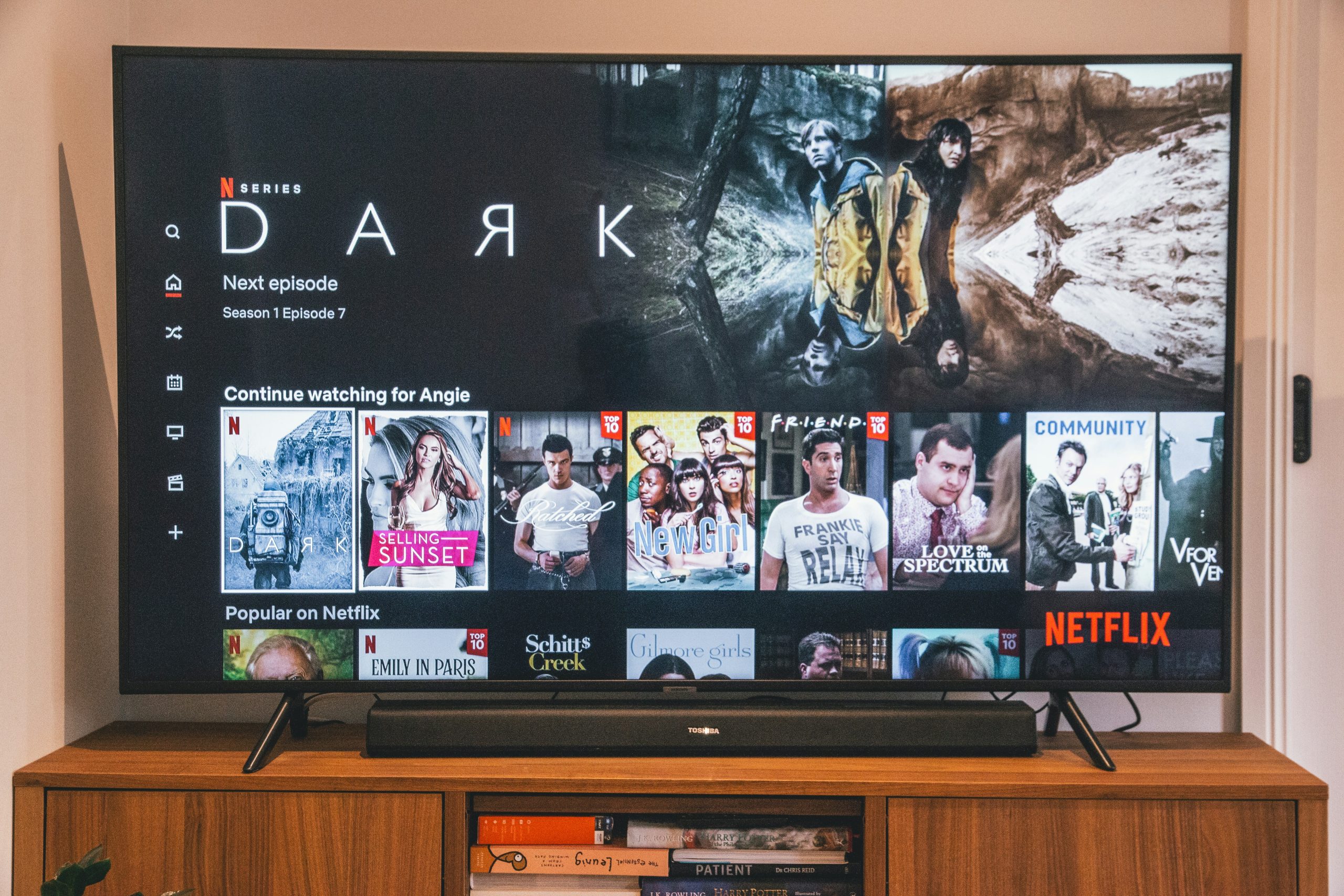
Cate Blanchett
By: Evan Agostini/Invision/AP/Shutterstock
I love a good ol’ camp lesbian thriller. And that’s what I expected when my chum and I sidled into our theatre seats with a bag of warm popcorn between us. Well. Lesbian drama is nowhere to be found in the pretentious, interminable Tár.
Writer/director Todd Field’s third film features Cate Blanchett as Lydia Tár, a high-profile orchestra director and ethnomusicologist whose privileged life falls apart in a highly spectacular fashion.
TÁR | Official Trailer 1www.youtube.com
Blanchett served as executive producer and it’s due to her superb efforts that the film was made. Blanchett knows a strong role when she sees it, and her performance has been widely acclaimed. Unlike the film.
Tár has received sharply divided responses. Audiences either love or loathe it. It was a box office bomb, grossing $6.3 million dollars against a $35 million dollar budget. So “loathe” seems to be in the ascendant. On the other hand, it’s turned up on any number of “Best of 2022” film lists.
Like, why?
Did we see the same film? Do they not mind being dicked around by needless expositional dumps about how the Juilliard Conservatory works, or the hierarchy within a non-profit foundation, or the pecking order within a German orchestra?
And what’s with running the end credits at the beginning of the film for 3 entire minutes – INSANE. Pompous. This isn’t James Bond. What a fine way to lose your audience. And then the credits are repeated after the film, why? I mean, the film is 2 hours and 37 minutes of inert drama – time I’ll never get back.
Todd Field, Meet Syd Field
Hasn’t Todd studied Syd Field’s Screenplay (a bible for anyone working in film)? Where’s the suspense, conflict, action, overarching structure? And how bout some humor? What’s with the endless chitter-chat about obscure musical references? Why 14 endings? Make a decision. And just. What. Happened with Krista?
Mind The Gap – The Missing Girl
There’s a huge gap in this film. Krista, the accuser – aka Tár’s would-be victim – is absent. Beyond a voice in Berlin tree branches, a shadowy figure lurking behind doors, she’s nowhere to be found. There are no flashbacks, no seduction, no predation, no borderline torture, and . . . no evidence. Krista only exists as an offscreen obstacle represented by texts and emails.
Lesbian Tropes
- The Hair – Straight, no-nonsense, greasy at times (indicating that Lydia’s in extremis). When she’s conducting and truly in the music, she flings her hair around like Medusa. This means that Tár is in the zone.
- Athleticism – Boxing solo – pounding away on a punching bag indicating that she’s fierce; running along grimy subway platforms (urban trainyards?); jogging in parks where a banshee screams in terror. Where am I?
- The Long-suffering Partner – The notorious, humorless wife who’s the . . . last to know.
- Self-punishing – Lydia face-plants and refuses medical attention. Bold choice.
- Sartorial Flourishes – Crisp, hand-tailored men’s shirts. Black suits. Sleek performance wear.
- The Shoes – Olga – a Russian cellist who is Lydia’s latest protege – wears the worst flats to her audition. She’s later seen in a black leather biker jacket and . . . emblematic boots.
Overall, there’s decent acting in the service of a dialogue-heavy script that assumes that inflated research and a veneer of depth will cover a core of simplistic fatuousness. No one can deny that Blanchett was riveting, but what a waste of energy, locations, budget – and my evening.
Tár demands that the viewer must decide what it’s all about. Is it an indictment or a refutation of the cancel-culture/MeToo movement? Is it, as some have claimed, “anti-woman”? Does it examine or only reinforce sexual stereotypes?














